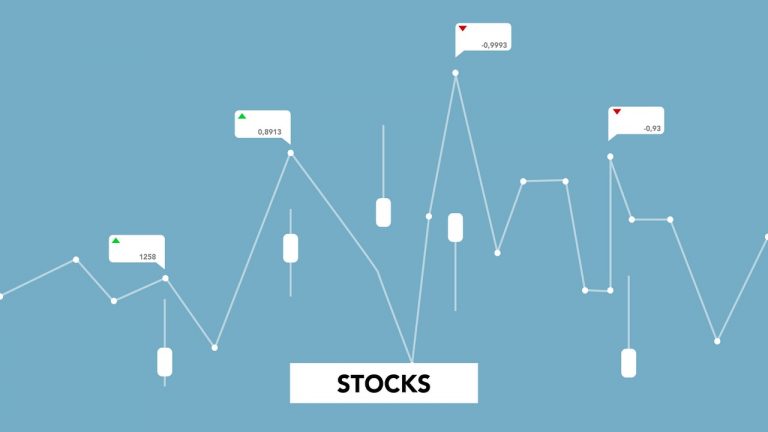There are numerous market broker types, each serving a different purpose. Some traders might be unaware of all the different types of brokers, and this article will outline the main types. Traders need to know what kind of broker they use because each has its unique benefits and drawbacks.
What is a stockbroker, and what do they do?
Stock traders often use the services of a broker, who acts as an intermediary between the trader and the market. The broker provides access to a platform that allows the trader to buy and sell shares and provides valuable market information and analysis.
The broker’s central role is to facilitate trades and provide liquidity, but they can also offer guidance and advice to their clients. When selecting a stockbroker, it is vital to choose one regulated by a reputable body such as the Financial Conduct Authority or the European Securities and Markets Authority.
Which type of stockbroker is right for you?
When choosing a stockbroker, there are a few different options to consider. For example, some brokers specialise in helping their clients buy and sell stocks, while others offer more comprehensive financial services.
Some online brokers allow clients to trade stocks electronically. So, which type of broker is right for you?
The answer depends on your individual needs and circumstances. If you’re new to investing, you may want to choose a full-service broker who can provide guidance and advice. On the other hand, if you’re an experienced investor, you may be better off with a discount broker who charges lower fees.
Ultimately, the best way to determine which type of stockbroker is right for you is to speak with various brokers and compare their services. With a bit of research, you’ll be able to find the perfect broker for your needs.
How to find the best broker for your needs
Stock traders have several different brokers to choose from, so it can be challenging to know how to find the best one for your needs. Here are a few things to consider when looking for a broker:
- The size of the broker’s stock operations. The larger the operation, the more likely the broker will be able to provide you with the best possible prices and executions.
- The broker’s reputation. Check out what other traders say about the broker before committing to anything.
- The broker’s fees. Some brokers may charge a commission on each trade, while others charge a flat monthly fee. Compare the prices of different brokers to see which offers the best value for money.
- The broker’s platform. Ensure that the broker offers a stock trading platform that is easy to use and provides all the necessary features.
Questions to ask a potential stockbroker
If you’re considering using a stockbroker, there are specific questions you should ask to ensure that they’re the right fit for you:
- Ask how long they’ve been trading stocks and proof of their success rate. Choosing a good track record broker is essential to minimise risk.
- Ask about the broker’s minimum deposit requirements and what leverage they offer. You’ll need to decide how much money you’re comfortable investing and what level of risk you’re willing to take.
- Ask about the broker’s fees and commissions to know how much you’ll be paying.
- Ask for references from reputable clients.
By asking these questions, you can be sure that you’re choosing the right stock broker for your needs that can fit your pocket.
The benefits of working with a broker
A stockbroker is a professional who buys and sells stocks and other securities on behalf of their clients. While some choose to trade stocks themselves, working with a stockbroker can offer several advantages.
First, stockbrokers have access to information and resources that individual investors may not be able to obtain on their own.
They also have the experience and knowledge to identify opportunities and make informed decisions about when to buy and sell.
In addition, stockbrokers must adhere to specific standards of conduct, which can provide investors with peace of mind knowing that their interests are being protected.
Finally, stockbrokers typically charge a commission for their services, which can be less expensive than the fees associated with self-directed investing. For these reasons, working with a stockbroker can be a practical choice for those looking to invest in the stock markets.




